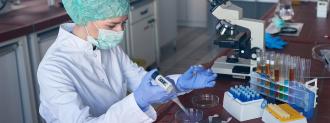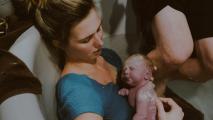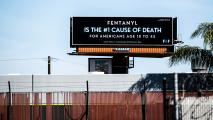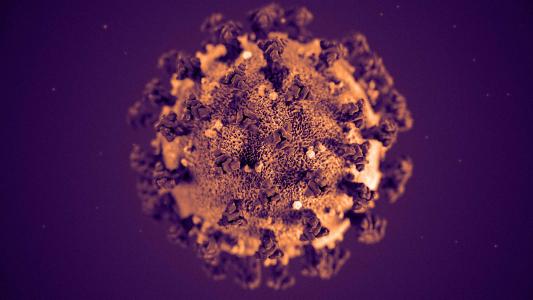The COVID-19 outbreak has classes canceled at universities across the U.S. — and students are using their time away from the lecture hall to help expand coronavirus testing in the nation.
Students at the University of Washington (UW), the University of California, San Francisco (UCSF), and other colleges are working tirelessly alongside their professors to process thousands of coronavirus tests at their schools’ science labs — sometimes exceeding the number of tests processed daily by state-run facilities.
Efforts to Expand Coronavirus Testing
Faculty at Seattle’s University of Washington began prepping their facilities to expand coronavirus testing back in January, long before the city was hit hard by the COVID-19 outbreak.
By March 13, the lab was processing 1,600 coronavirus tests a day — about four times as many as the state’s Department of Health laboratory. With the help of student volunteers like Peter Ch’en, it’s now completing upwards of 3,000 daily, and the only thing stopping it from processing more is a shortage of samples to test.
The lab was processing about 4 times as many tests as the state’s Department of Health laboratory.
“Every single day, there’s so much news about COVID-19,” Ch’en, who works the 6:00 am shift unpacking hundreds of samples at the lab, told NPR. “Really being able to participate and do something about it, I don’t think it’s every day that you get an opportunity like that.”
UW students aren’t the only ones helping expand coronavirus testing, either.
After UC Berkeley set up a coronavirus screening and testing facility, more than 800 students volunteered to help — according to the group’s website, it now has “far more volunteers than opportunities.”
Nearby UCSF launched its own coronavirus screening and testing facility with the help of the Chan Zuckerberg Biohub research center. When it put out its own call for help, more than 100 UCSF volunteers stepped up.
“Normally, when people say they need someone in an emergency, it’s not a science grad student,” Katie Cabral, bioengineering Ph.D. student, told NPR. “But in this case, my particular qualifications are exactly what is needed.”
“I was at home, just sort of stressing about the world,” she added. “Being able to come in and do something tangible to work towards this goal of increasing testing, it just felt really important.”
Students Fighting COVID-19
Those university students helping expand coronavirus testing aren’t the only ones contributing to the fight against COVID-19.
Medical and nursing students with just a year or so left in their studies at New York’s Stony Brook University (SBU) are using telehealth services to communicate with doctors’ regular patients so that those doctors can focus on addressing the coronavirus.
Other medical students in New York, Boston, and beyond are poised to give up their last few months as students altogether, graduating early so they can join the response effort at hospitals.
Some medical students who haven’t yet received enough training to independently work with patients, meanwhile, have been organizing grassroots efforts to help, collecting medical supply donations from veterinarians, fielding questions at Covid-19 call centers, and screening visitors outside of hospitals.
Medical students at the University of Minnesota have launched MN CovidSitters, a program through which they provide childcare and other services to the state’s health care workers.
“One of the things that I hear my medical school peers ask a lot is ‘how can I help?'” Sara Lederman, co-founder of that project, told CNN. “With the Covid-19 outbreak, that question felt not only more relevant, but more urgent. And not only does it take a village, but it takes a brilliant, humble, determined village.”






